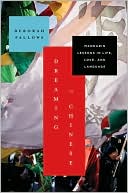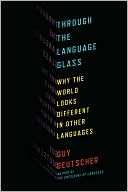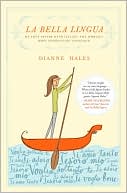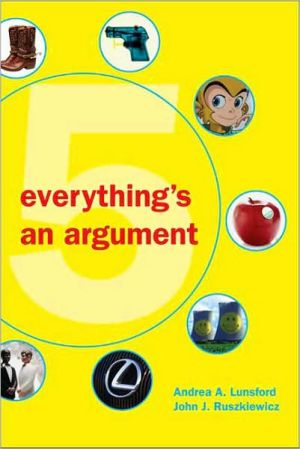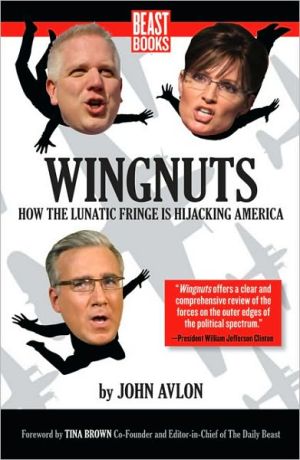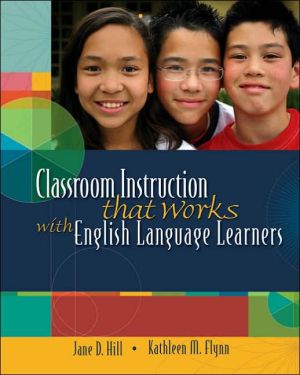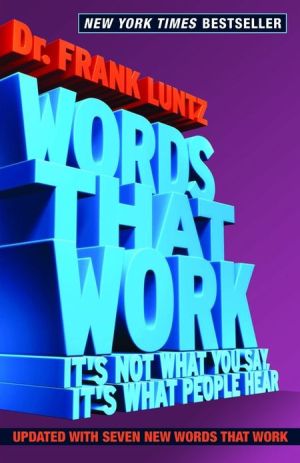Fight for English: How Language Pundits Ate, Shot, and Left
Weve all been taught that this sentence--"Driving in from the airport, the flags flapped furiously"--is wrong, wrong, wrong. But is it, asks David Crystal. Everyone knows what this sentence means. No one actually thinks that the flags were driving the car. Is this sentence really incorrect.\ In The Fight for English, Crystal offers a stimulating account of the struggle between various schools of grammar to control how we write and speak. Ranging back a thousand years, to the anguished...
Search in google:
Weve all been taught that this sentence—"Driving in from the airport, the flags flapped furiously"—is wrong, wrong, wrong. But is it, asks David Crystal. Everyone knows what this sentence means. No one actually thinks that the flags were driving the car. Is this sentence really incorrect. In The Fight for English, Crystal offers a stimulating account of the struggle between various schools of grammar to control how we write and speak. Ranging back a thousand years, to the anguished concerns of Aelfric the Grammarian, and illuminating the contributions of Samuel Johnson, Noah Webster, and many others, the book sheds light on ten centuries of warfare over spelling, punctuation, pronunciation, and much more. The author takes to task such take-no-prisoners grammarians as the well-known Lynn Truss (whose Eats, Shoots, and Leaves was a giant bestseller), arguing that we should say no to zero-tolerance prescriptive rules. Indeed, as one of the world's leading authorities on the English language, Crystal offers an original and authoritative counter-argument to the prescriptive agenda. He shows for instance that context is very important, that the dangling participle "driving in from the airport" is not wrong because the context makes the meaning clear. Moreover, even the hope for a standard system of spelling is in vain, since approximately 25 per cent of the words in a standard dictionary have more than one spelling (such as dark room and dark-room and darkroom). Hailed in The New York Times Book Review as "fascinating and insightful, often funny," The Fight for English is a welcome breath of fresh air in the often stultifying debate over English usage. Francisca GoldsmithCopyright 2006 Reed Business Information. - School Library Journal Adult/High SchoolCrystal, a British linguist, may be a stranger to American teens, but many will delight in making his acquaintance through this book of short, punchy essays. Inspired by the popularity of fellow radio-personality Lynne Truss (Eats, Shoots, and Leaves [Penguin, 2004]), he makes his own argument for English as flexible, rather than needing careful preservation. Where Truss has "zero tolerance" for those who would trespass on the language's rules of order, Crystal delights in showing how purists and pundits, to say nothing of simply unconscious communicators, have shaped and reshaped English across more than a thousand years. The language as it is spoken nearest London gained favor in the eyes of snobs and academia alike. However, as the author cogently points out, there is nothing intrinsically more valuable about how one speaker communicates thoughts, feelings, and ideas over how his neighbor to the north or across the ocean designs her pronunciation or phrasing. Teens will especially enjoy the discussions of spelling (which include texting's orthographic changes) and the childish rancor with which historical personages presumed airs when speaking ill of the way Shakespeare used the language. This compendium is a treasure trove for students of political and social history, and for those who simply enjoy language's quirks. The brevity of the essays-coupled with their high quality-provides excellent and accessible models for those in need of inspiration to write their own nonfiction.
1. Beginnings
\ School Library JournalAdult/High School\ Crystal, a British linguist, may be a stranger to American teens, but many will delight in making his acquaintance through this book of short, punchy essays. Inspired by the popularity of fellow radio-personality Lynne Truss (Eats, Shoots, and Leaves [Penguin, 2004]), he makes his own argument for English as flexible, rather than needing careful preservation. Where Truss has "zero tolerance" for those who would trespass on the language's rules of order, Crystal delights in showing how purists and pundits, to say nothing of simply unconscious communicators, have shaped and reshaped English across more than a thousand years. The language as it is spoken nearest London gained favor in the eyes of snobs and academia alike. However, as the author cogently points out, there is nothing intrinsically more valuable about how one speaker communicates thoughts, feelings, and ideas over how his neighbor to the north or across the ocean designs her pronunciation or phrasing. Teens will especially enjoy the discussions of spelling (which include texting's orthographic changes) and the childish rancor with which historical personages presumed airs when speaking ill of the way Shakespeare used the language. This compendium is a treasure trove for students of political and social history, and for those who simply enjoy language's quirks. The brevity of the essays-coupled with their high quality-provides excellent and accessible models for those in need of inspiration to write their own nonfiction.\ —Francisca GoldsmithCopyright 2006 Reed Business Information.\ \ \

